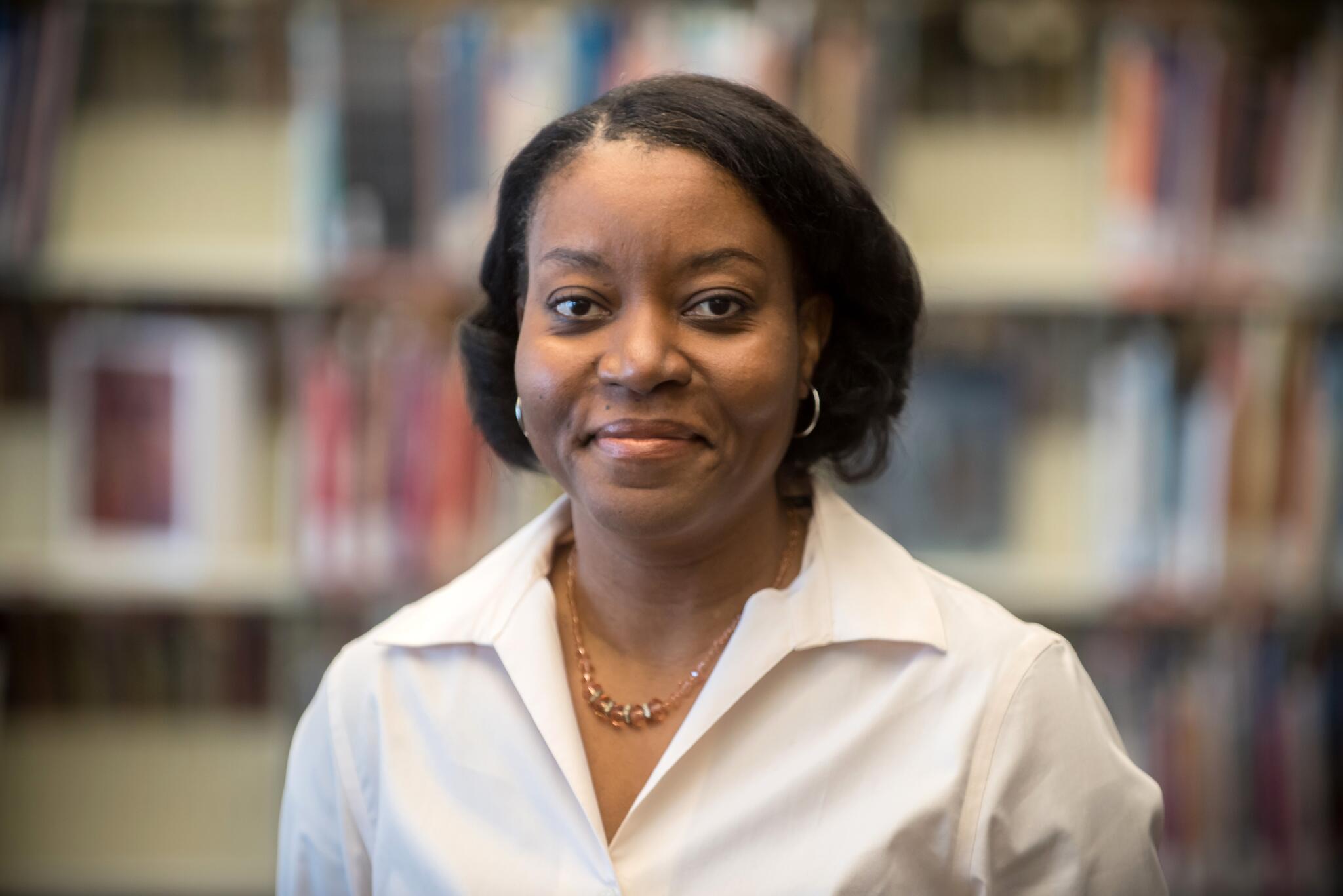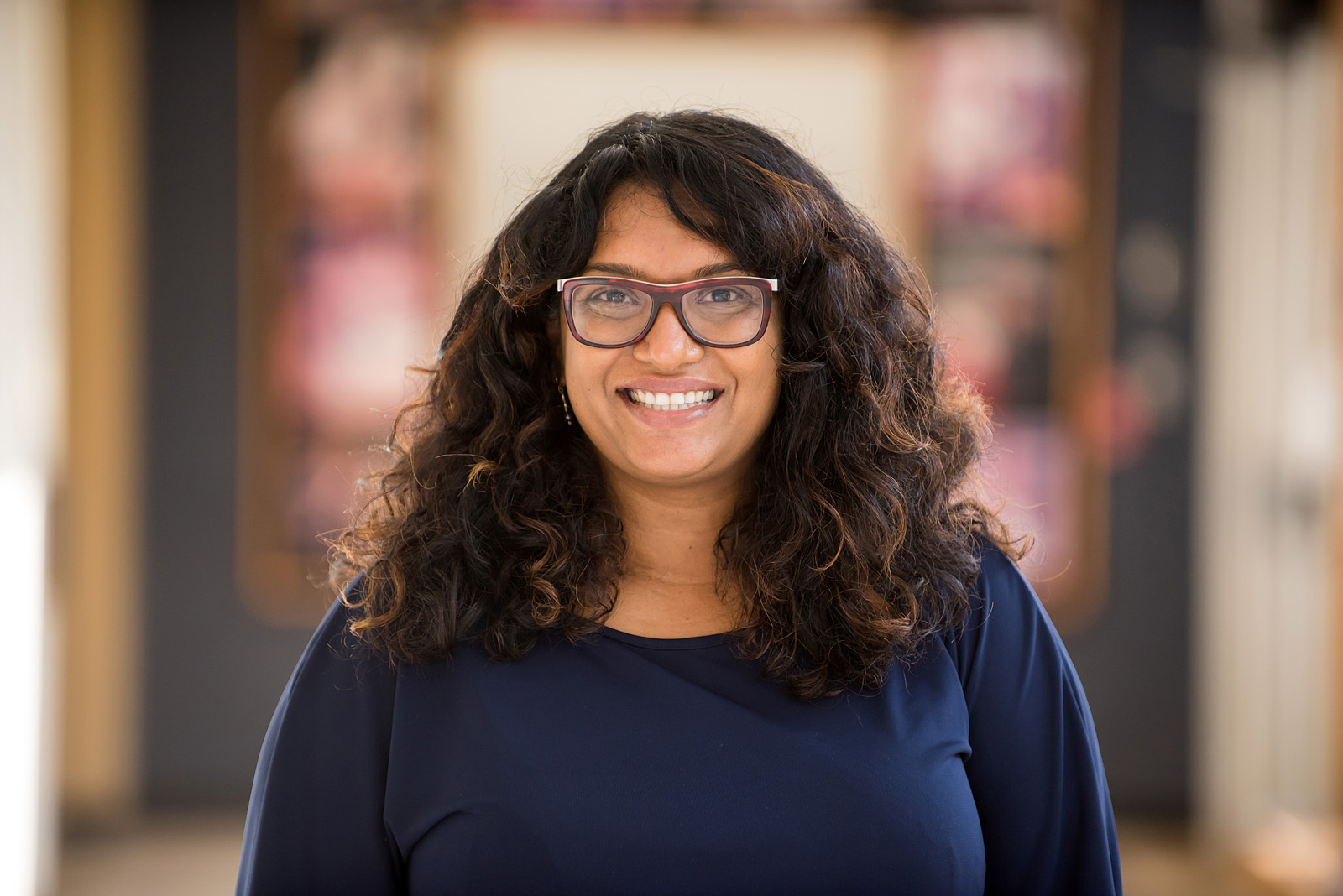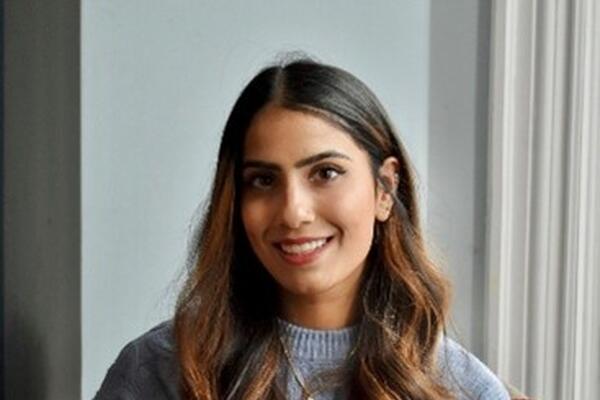 How do you make critical global citizens – people who are able to think deeply and thoughtfully about social, political, economic, cultural and many other issues, both locally and globally, and see how these are interconnected?
How do you make critical global citizens – people who are able to think deeply and thoughtfully about social, political, economic, cultural and many other issues, both locally and globally, and see how these are interconnected?
The starting point may be grade school curricula. For some, that comes from adapting the framework created by Vanessa de Oliveira Andreotti, the HEADSUP framework (an acronym standing for hegemony, ethnocentrism, ahistoricism, depoliticization, salvationism, uncomplicated solutions and paternalism), to rethink the ‘global competencies’-based focus of curricula and rebuild it with anti-racist, anti-oppressive themes.
But changing curricula on top of trying to teach a class can be a bit like trying to build a plane while flying it. This is why Drs. Thashika Pillay and Alana Butler, both Assistant Professors at the Queen’s Faculty of Education, alongside Dr. Karen Pashby, Professor of Global Citizenship Education at Manchester Metropolitan University, and a team of seven research assistants, partnered with the Toronto District School Board (TDSB) to support grade school teachers in integrating HEADSUP into their curriculum.
The research assistants, some of whom are also certified teachers, included PhD candidates Hassina Alizai, Alice Johnston, Kenneth Gyamerah, Jason Earl, MEd’22, Jane Mao, Artsci’20, Elise Visentin, MEd’22 and masters candidate Mohamed Yusuf, Ed’20.
 This work was supported through a 2021 SSHRC Partnership Engage Grant as well as funding from the TDSB.
This work was supported through a 2021 SSHRC Partnership Engage Grant as well as funding from the TDSB.
“This shift from global competencies to think more about global citizenship was based on the TDSB’s demographics and what TDSB’s own research was showing as the emerging needs for professional development for teachers and for increased student well-being,” said Thashika.
The project built on a previous research effort where Thashika and Alana worked with a single TDSB teacher to enhance a particular social justice class. This new project began in winter 2021 and saw existing TDSB teachers paired with up to two research assistants. The research assistants supported the TDSB teachers’ pedagogy and the integration of the HEADSUP framework, working with the teachers at least a week before a lesson or unit was to be delivered.
“It was exciting to be involved in this type of research project and see what it is like on the frontlines implementing this pedagogy, and seeing how it impacts teachers and students, “said Elise, who was the research project’s coordinator and was also one of the research assistants working with a grade 9 geography teacher.
The work immediately hit a snag in that many of their research assistants could not physically access the classrooms they were supporting due to COVID-19 pandemic protocols. Still, the team of assistants were able to virtually work with 10 teachers from numerous subject areas including English, Civics, Science, Math and Social Justice to help create supportive activities which would build classroom engagement by centring anti-oppressive and relational pedagogies. Alana was particularly proud of the work done with the geography curriculum.
“The geography curriculum talks about immigration, but it doesn't actually talk about the first peoples of this land,” noted Alana. “Since the assistants were teachers themselves, they could see the gaps because they have such deep knowledge of the areas and a way of understanding curriculum. If we really want to rethink curriculum, we need to have people doing it from that anti-colonial, anti-oppressive lens.”
In addition to updating curricula and providing students with a different perspective, the goal was to build capacity among the participating teachers. Since this phase of the project concluded in June 2022, Thashika and Alana have been analyzing the data and responses from the teachers. Feedback has been positive in terms of how it helped teachers integrate anti-racist and anti-oppressive pedagogy, though English and social sciences teachers found it easier to integrate the HEADSUP framework than teachers in STEM who required additional professional development to understand how an anti-oppressive lens could be integrated into the current curriculum.
To address any resistance they encountered, the research assistants kept in contact with each other and with Thashika, Alana and Karen as well as the team at TDSB, sharing success stories and leveraging their own teaching knowledge and experience to overcome challenges. By demonstrating their own knowledge of the subject area, the research assistants were able to build relationships with the students and bolster their own credibility with the school board teachers.
The project would not have been possible without an active partnership, and Thashika and Alana credited the TDSB’s leadership both for their interest in enhancing curricula and thinking about these topics in a systemic way.
“Without that leadership, it would be really easy for all of this work to be left to individual teachers to try to incorporate these ideas into their own pedagogies and into the content that they're teaching,” said Thashika. “Sometimes, the thinking it this is an add-on you stir into existing curriculum, or there’s a significant focus on curriculum and curricular outcomes at the expense of equity. You can't actually talk about curricular outcomes if you're not actually willing to also rethink what those curricular outcomes are.”
The next phase of Thashika and Alana’s research will look at further adapting the HEADSUP framework to better support the work of the Centre of Black Excellence at TDSB.
Support projects like this by contributing to our Community Initiatives Fund.


